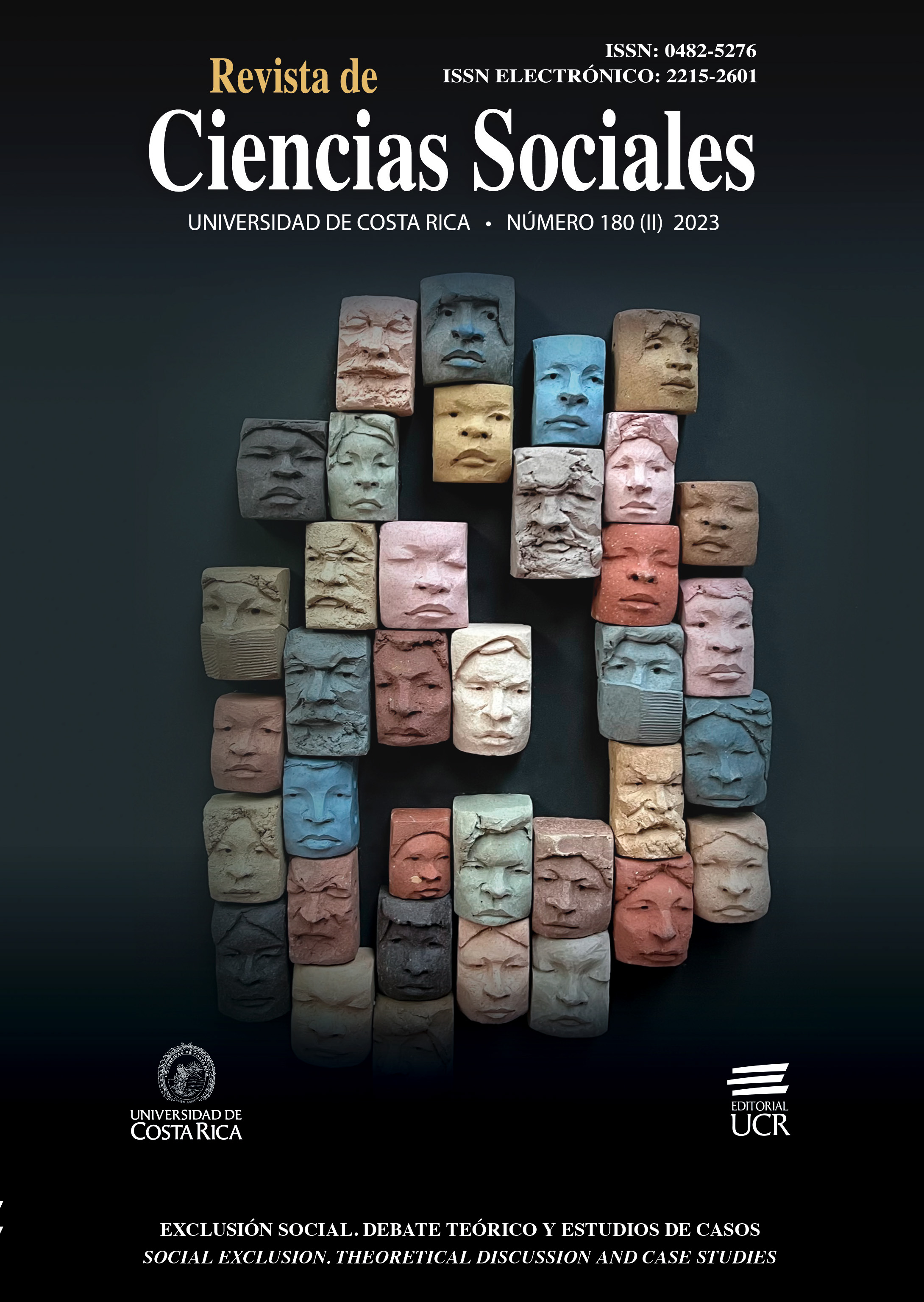Abstract
In this paper, we propose an ideal-typical distinction between conservatism and fundamentalism based on three criteria: 1) How do they relate to those who do not conform to their way of thinking; 2) How they relate to the public space, and 3) The type of political strategies they use. Based on this distinction, we analyze the possible relationship between new political and religious leaderships with populist discourses and the emergence of conservative groups in Latin America, in general, and in Mexico.



